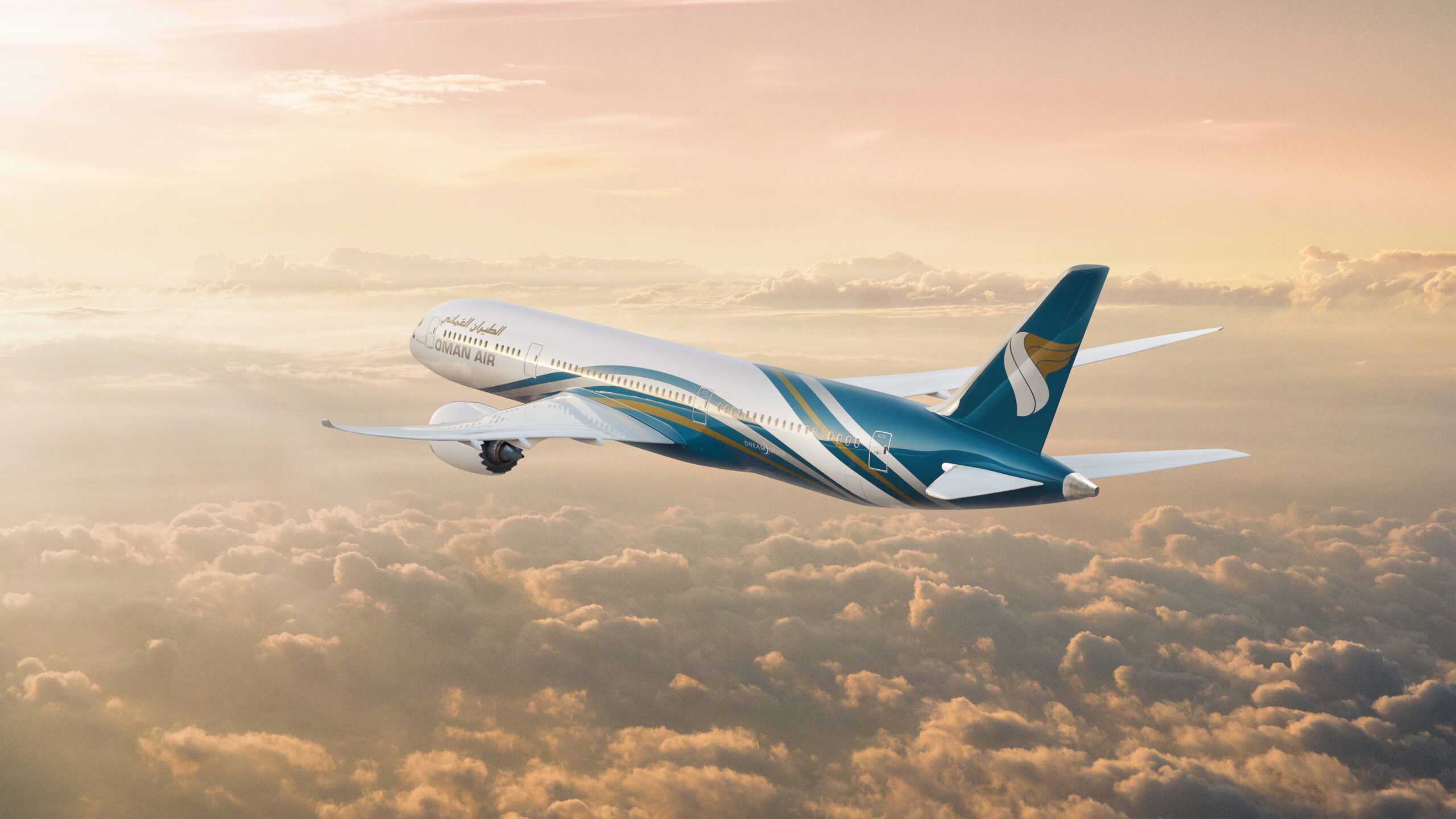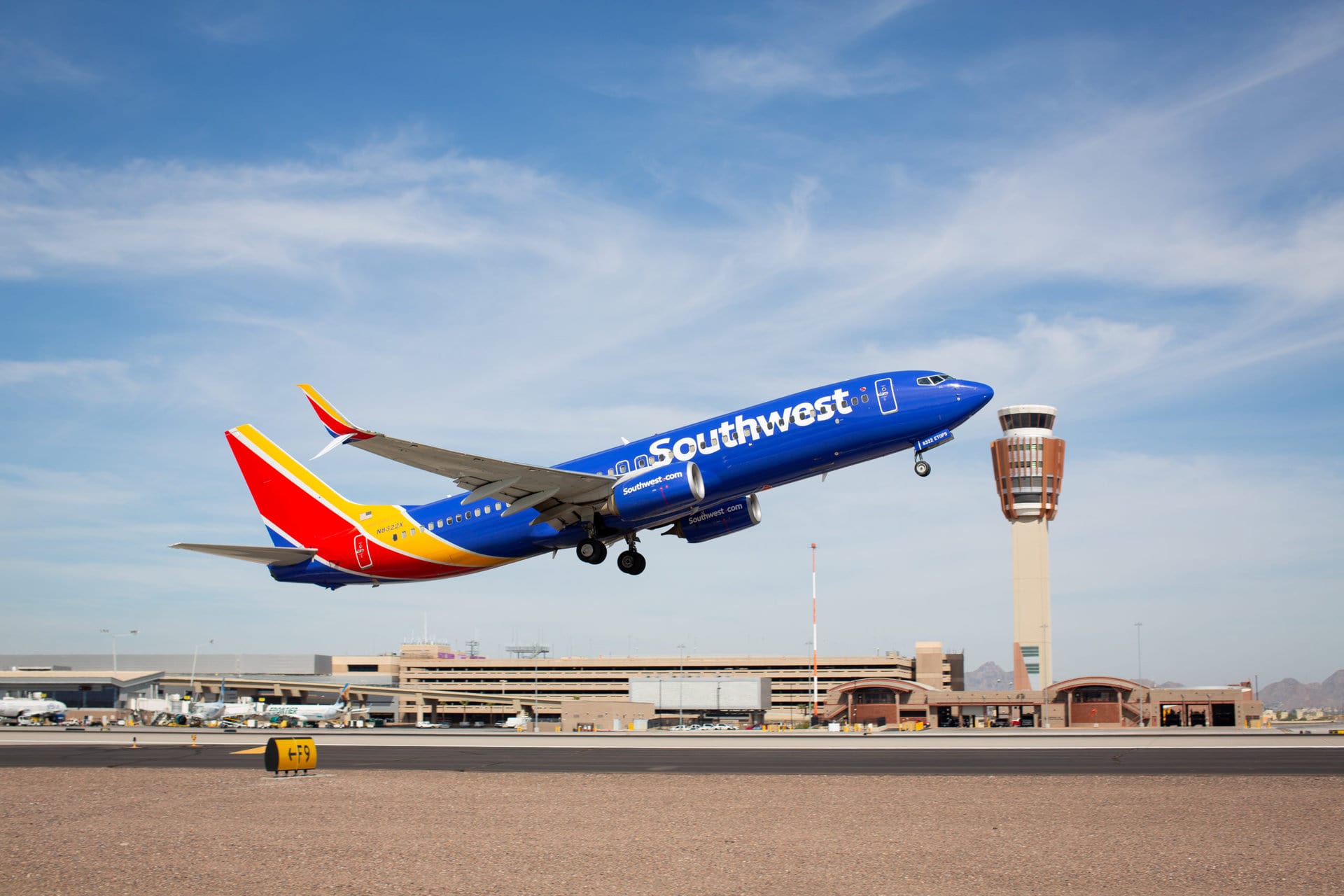Airlines May Be Required to Compensate Up To $775 for Flight Disruptions
Proposed new rules would require airlines to pay a minimum of $200 to passengers left waiting more than three hours
by Fergus Cole
December 6, 2024
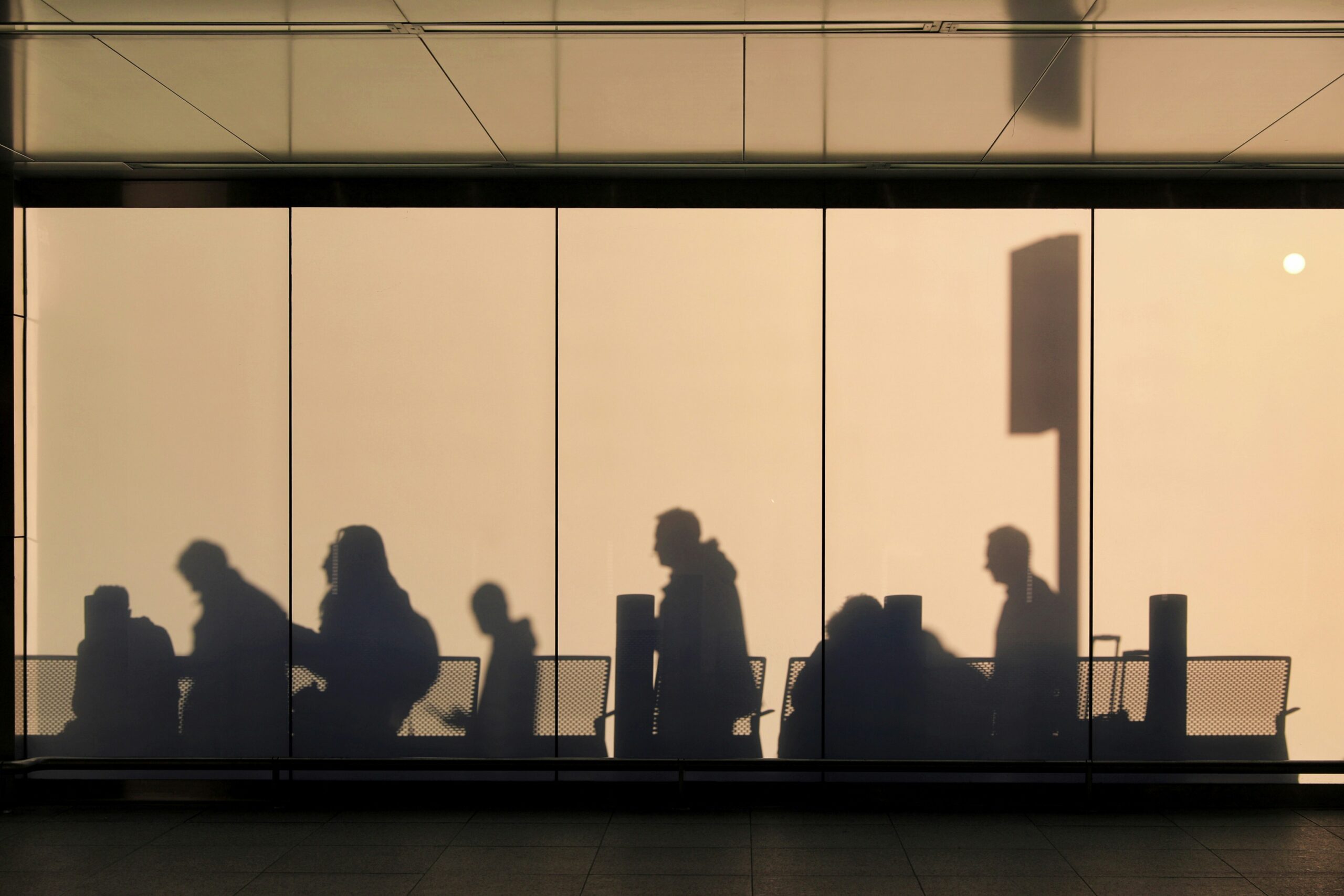
Photo: Courtesy of Yolanda Suen on Unsplash
Airlines could soon be required to compensate passengers affected by flight cancellations or delays of more than three hours under a new ruling proposed by the U.S. Department of Transportation (DOT) on Thursday.
The proposed legislation, the latest in a string of attempts by the Biden Administration to improve air passenger rights, would require airlines in the U.S. to pay compensation of several hundred dollars to each passenger affected by significant flight disruptions of three hours or more.
If approved, the rule would only apply to instances where the flight disruption was the fault of the airline in question, for example, a mechanical fault or IT outage within the airline’s control, as opposed to disruption caused by external factors, such as extreme weather.
Compensation Framework
While no specific compensation amounts have yet been agreed on, the DOT has proposed that airlines would face a minimum compensation payout of $200 per passenger.
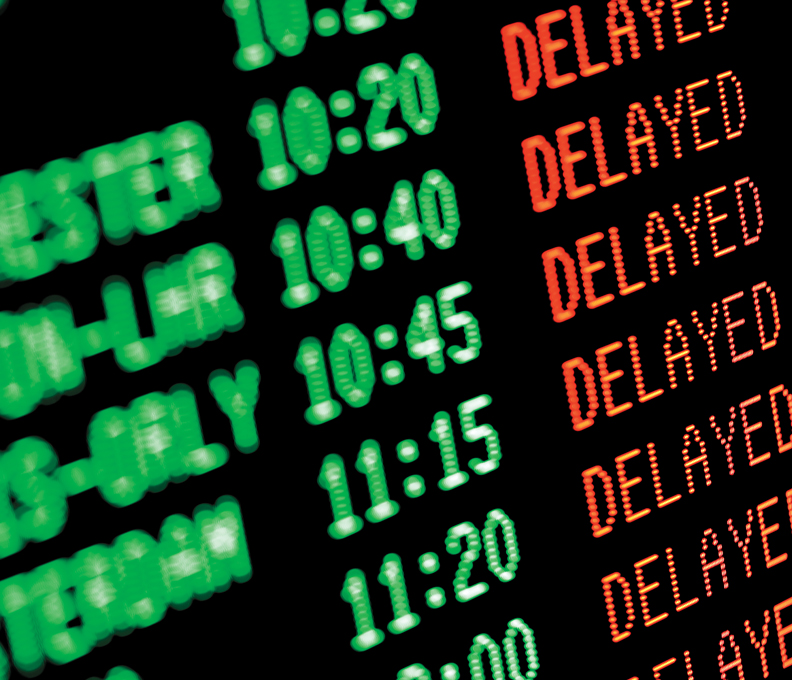
Photo: Getty Images
The DOT has proposed a compensation framework for domestic flight delays. For delays lasting between three and six hours, airlines would need to provide compensation ranging from $200 to $300. For delays between six and nine hours, the required compensation would increase to between $375 and $525. Airlines would be mandated to compensate passengers between $750 and $775 for delays exceeding nine hours.
Additional Passenger Protections
The DOT also said it is considering whether to require larger airlines to pay higher compensation payouts than smaller airlines for similar disruptions or if compensation would be required if the airline notifies its passengers of a flight delay or cancellation a week or two in advance.
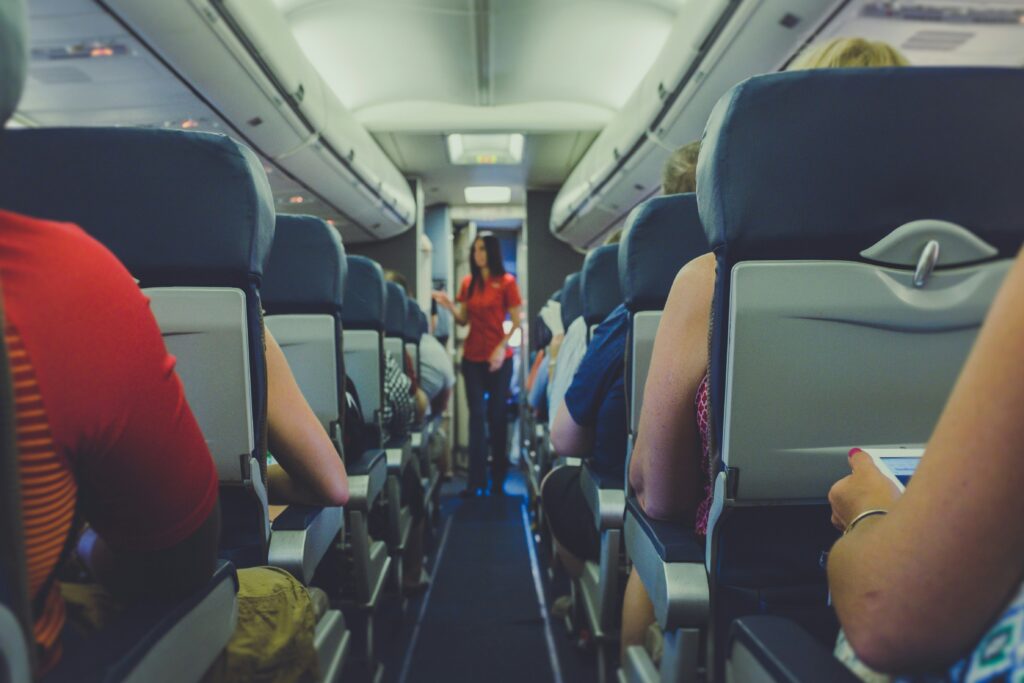
Photo: Courtesy of Kenny Eliason / Unsplash
In addition, the Department is exploring the idea of enforcing airlines to rebook passengers onto the next available flight at no additional cost, as well as covering the cost of meals, overnight lodging, and related transportation fees for passengers stranded due to lengthy delays and cancellations.
According to the DOT, more than 15 million passengers were affected by flight cancellations in the U.S. between July 2021 and April 2022, while more than 116 million were affected by flight delays over the same period. Meanwhile, more than 60% of flight delays of three hours or more in 2022 and 2023 were caused by issues within the airlines’ control.
Comparison with Other Countries
The DOT also cited the fact that many other countries already require their carriers to provide automatic compensation for significant airline-caused delays, including Canada, Brazil, the European Union, and the United Kingdom, while a study from the European University Institute found that the EU’s compensation legislation has reduced both the likelihood and duration of flight delays.
“Americans know the importance of a robust airline industry, which is why this country—and U.S. taxpayers—kept U.S. airlines afloat when the COVID pandemic threatened their very existence,” said U.S. Transportation Secretary Pete Buttigieg.
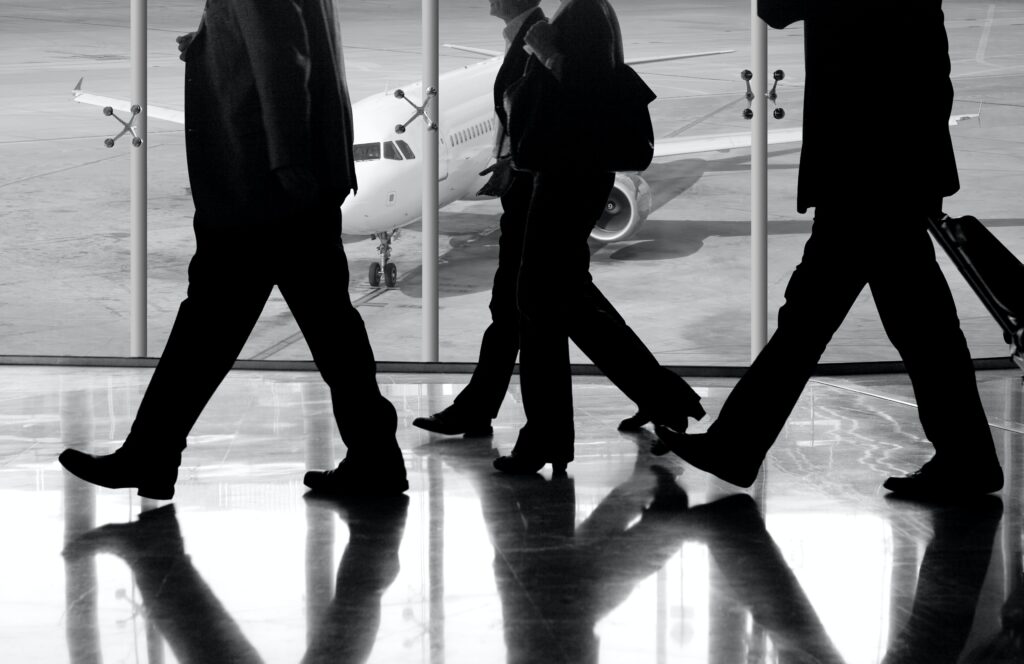
Photo: Courtesy of Rob Wilson / Unsplash
“Now that we are on the other side of the pandemic and air travel is breaking records, we must continue to advance passenger protections. This action we’re announcing is another step forward into a better era for commercial air travel—where the flying public is better protected, and passengers aren’t expected to bear the cost of disruptions caused by airlines.”
Response from Airlines for America
Following the DOT’s announcement, Airlines for America (A4A) – the trade group that represents airlines in the U.S. – said it would challenge the proposed legislation, claiming that its members already provide sufficient compensation packages to passengers after delays and any further rules would result in increased ticket prices for consumers.
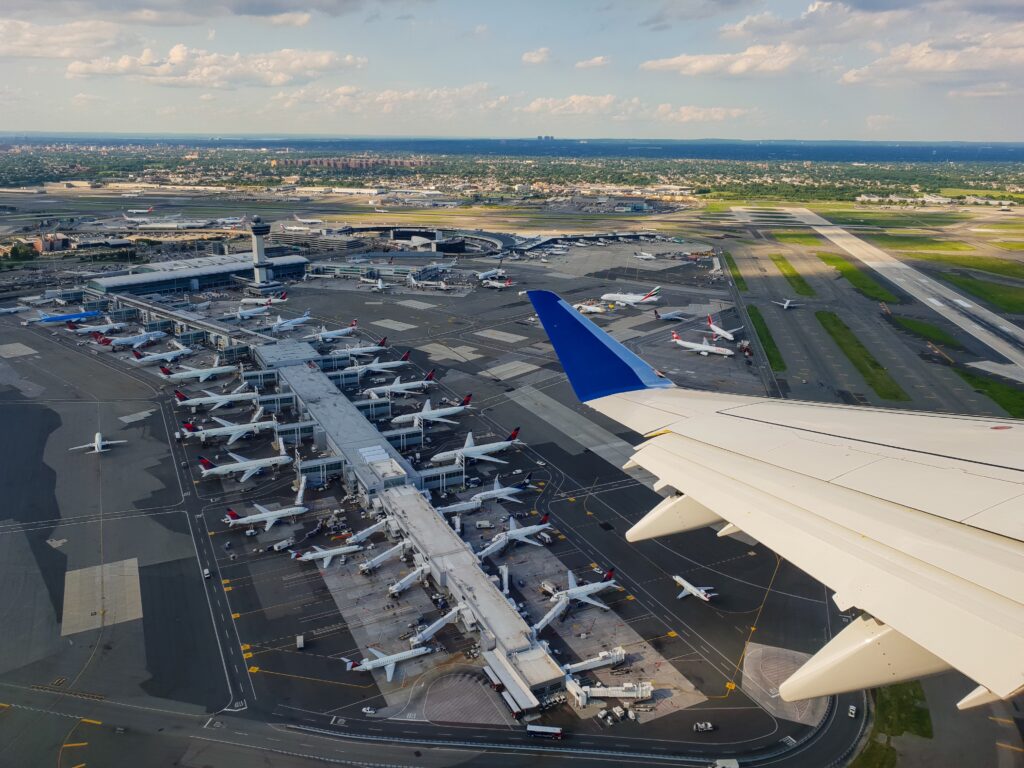
Photo: New York JFK Airport. Courtesy of Miguel Ángel Sanz / Unsplash
“A4A carriers are providing automatic refunds if the passenger chooses not to be rebooked—regardless of whether the significant delay or cancellation is within the carrier’s control—and also providing the reimbursements for food, transportation, and lodging for significant controllable delays,” said A4A in a statement.
“Mandating additional cash compensation—beyond what airlines already provide—will drive up ticket prices, make air travel less accessible for price-sensitive travelers, and negatively impact carrier operations.”


